
To reduce the country’s reliance on imported steel products, a US$600million iron ore project is set to commence by the end of this year (2025).
Indeed, Ghana has significant iron ore reserves – estimated at 1.7 billion tonnes primarily located in regions like the Savanah and Oti – with an iron content exceeding 55 percent. In spite of this, the country currently imports 800,000 metric tonnes of iron and steel annually, costing approximately US$900million.
The project will be executed and led by Emmerland Resource Limited, a local company with the necessary licences to begin mining operations at the Shieni iron ore deposit in the Northern Region.
The Shieni project is positioned to become a cornerstone of the economy and comes after decades of attempts by successive governments to establish an iron and steel industry in the country.
The Shieni iron ore deposit has long been recognised as one of the country’s most significant mineral resources, with an inferred resource of 1.312 billion tonnes grading 33.8 percent iron content. In comparison, the Opon-Mansi deposit in Western Region has an estimated 147 million tonnes with a higher iron content of 52.5 percent.
However, Mr. Williams Okofo-Dateh, Chief Executive Officer-Ghana Integrated Iron and Steel Development Corporation (GIISDEC) observed that setting up even a small steel plant requires about US$100million.
“To fully develop the industry, you need between US$300million – US$600million… and that’s why finding the right investor with financial capacity is critical,” he added.
“For any investor to commit in a project of this scale, they must be assured of the mineral’s availability for at least 20 to 30 years. The resource estimate confirms that we have the reserves to sustain long-term production,” he maintains.
Ghana currently relies heavily on imported steel products, with major supplies coming from China and Turkey. Nearly all steel-related materials – including construction steel requirements, components of vehicle frames, roofing sheets and several other steel articles – are imported due to lack of a domestic production facility to process iron ore.
In 2023, Ghana imported US$527.51million worth of iron and steel, according to the United Nations COMTRADE database. Specifically, US$35.6million was spent on steel bars – making Ghana the 24th-largest importer of steel bars globally.
Additionally, Ghana imported US$364million articles of iron or steel, accounting for 2.22 percent of total imports. Ghana’s steel industry has a surplus production capacity of 650,000 metric tonnes annually, which could be leveraged to reduce reliance on imports and boost exports.
The post Editorial: US$600m iron ore project commences soon appeared first on The Business & Financial Times.
Read Full Story
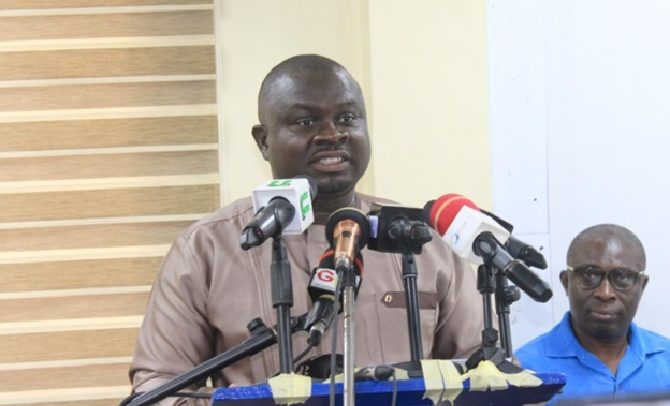
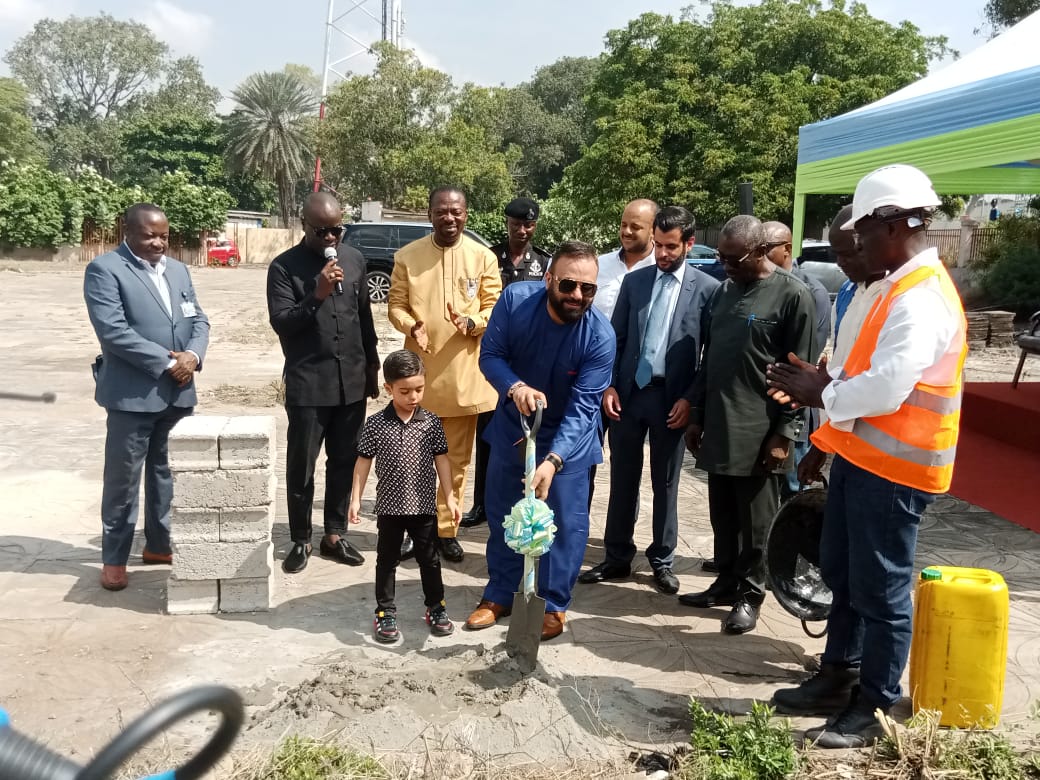
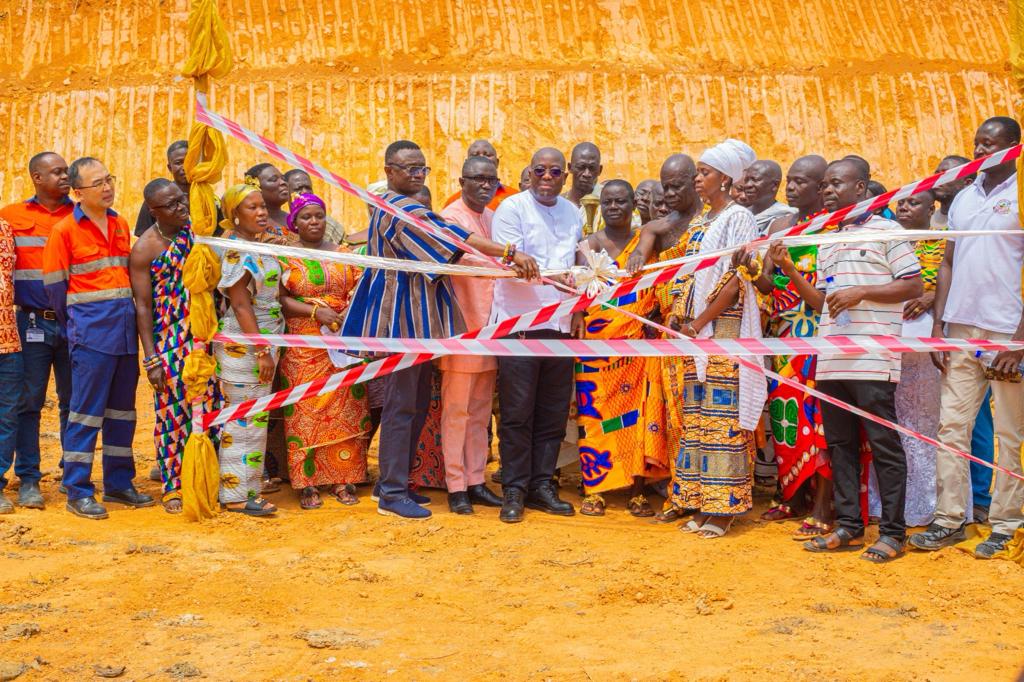
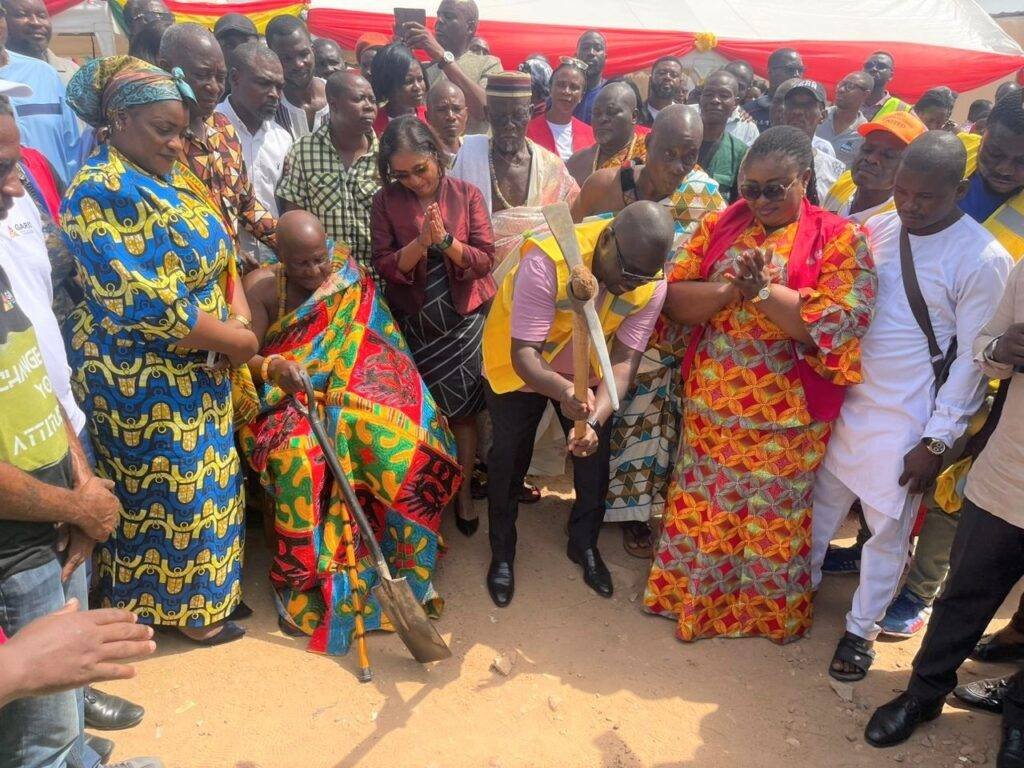





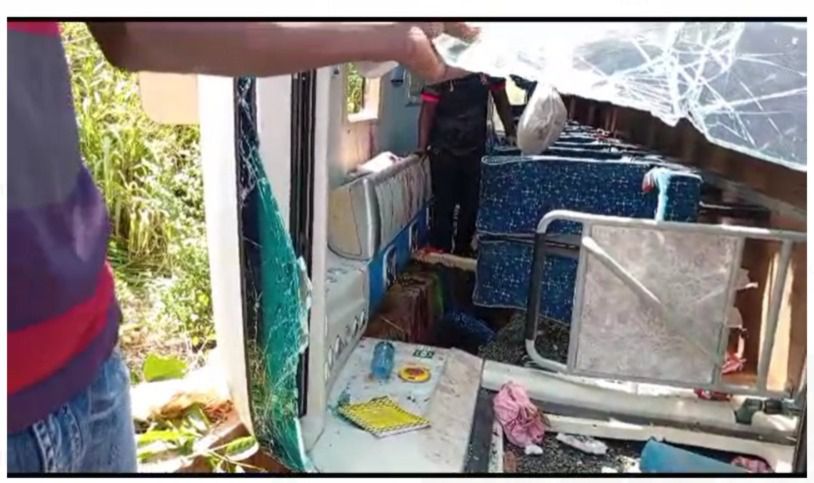






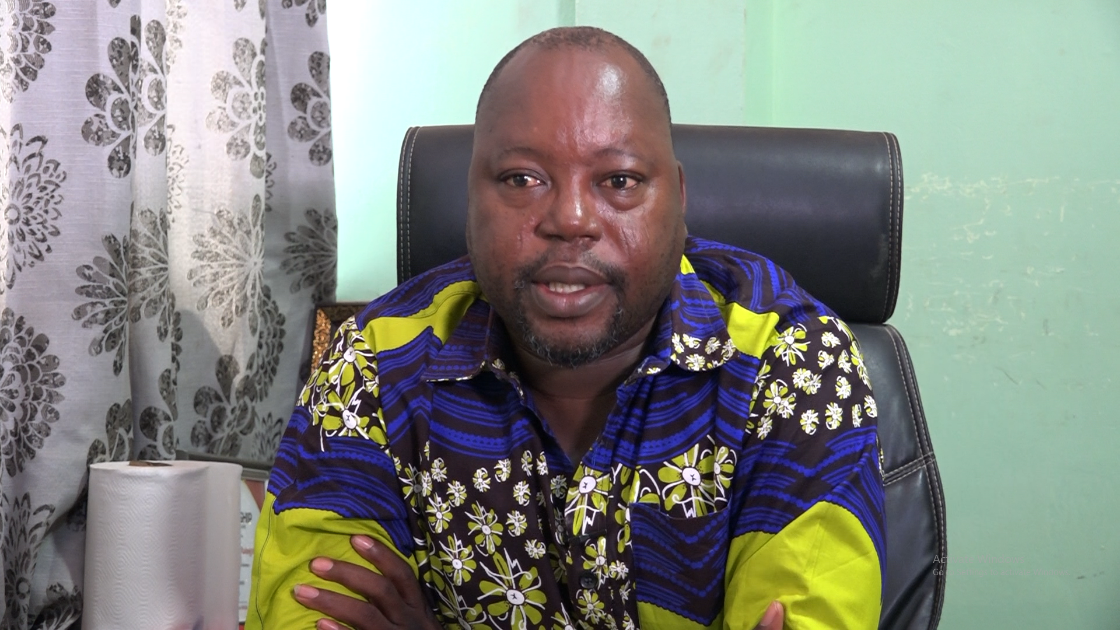
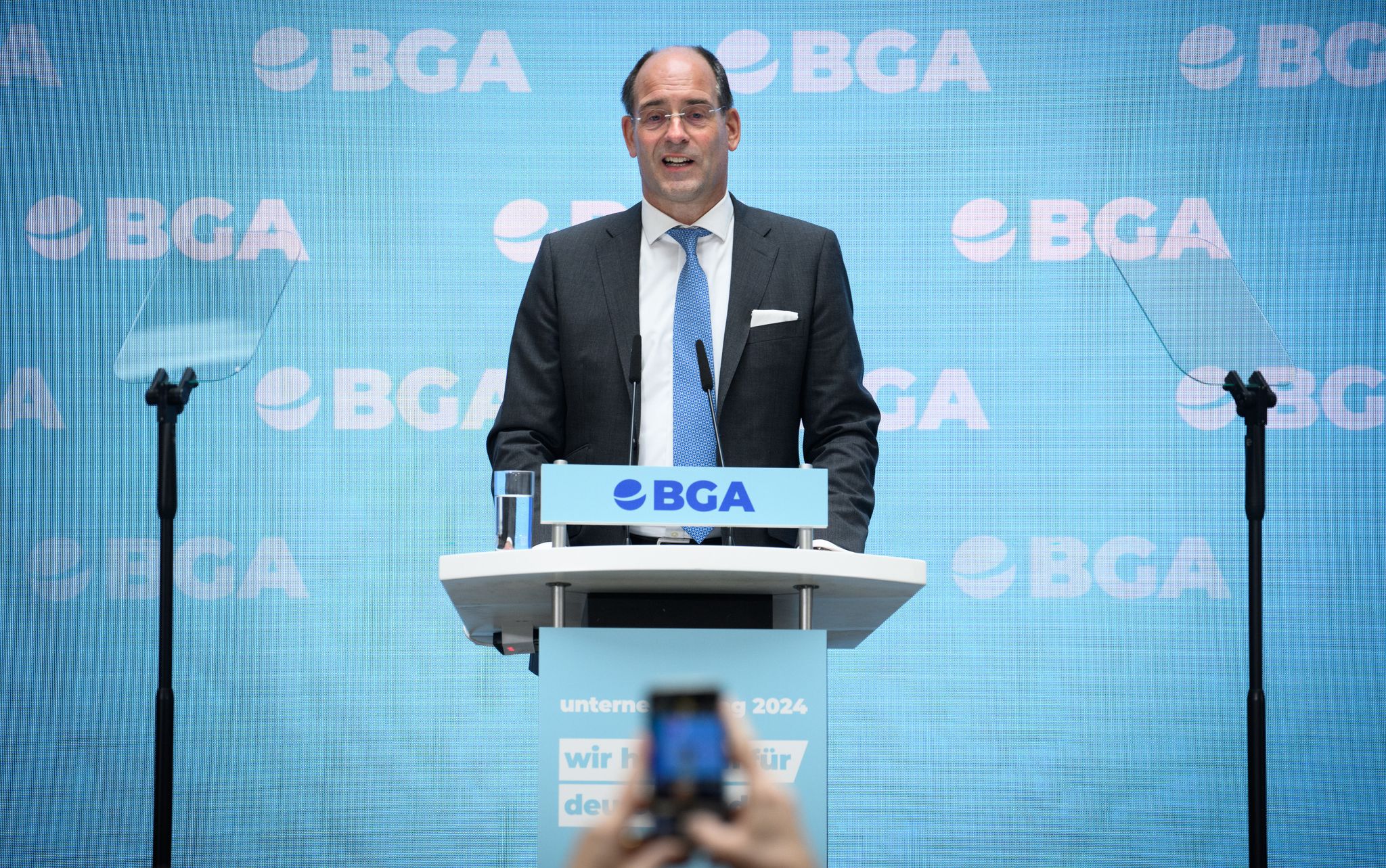



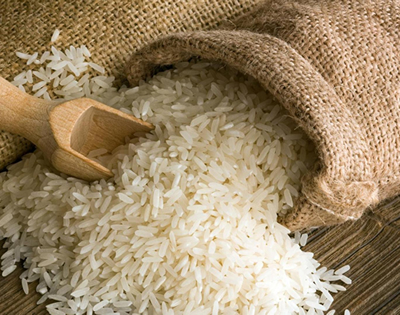

Facebook
Twitter
Pinterest
Instagram
Google+
YouTube
LinkedIn
RSS